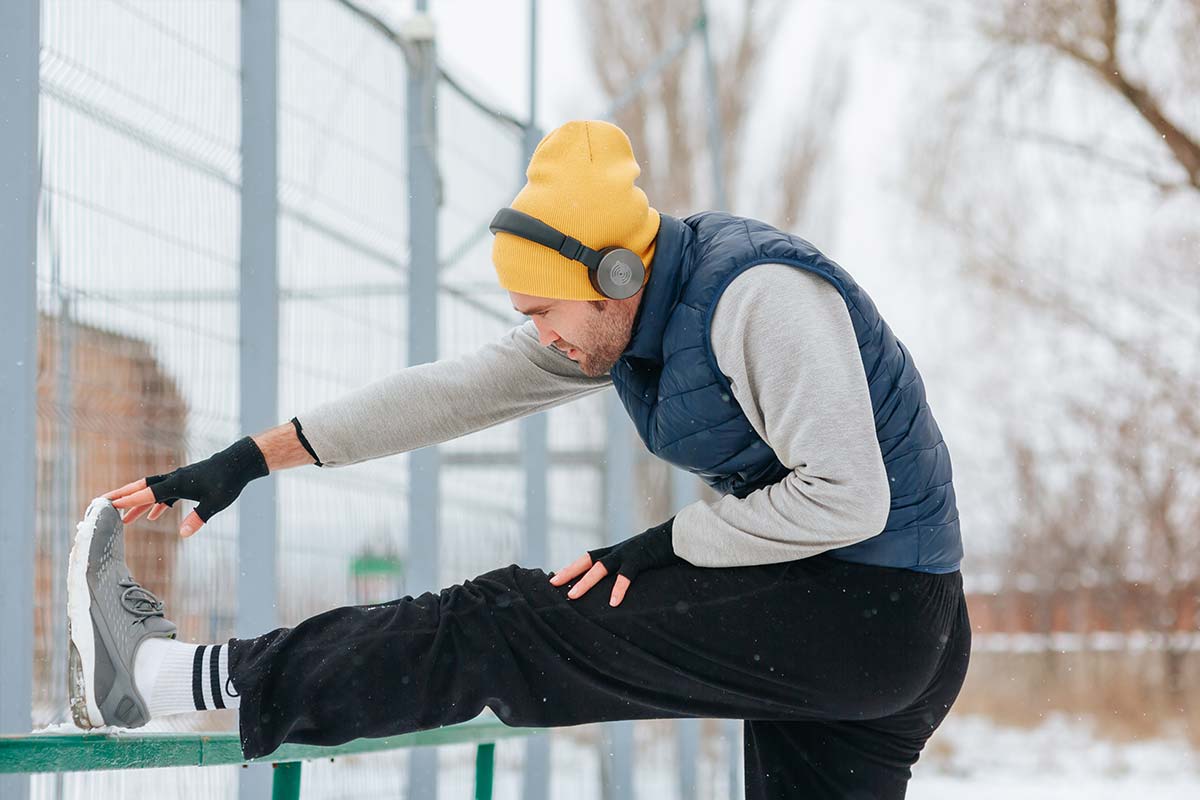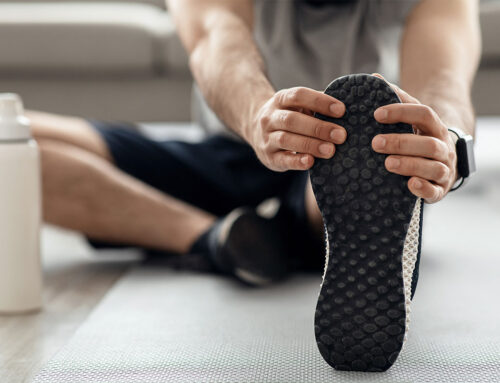As the winter season unfolds, maintaining an active lifestyle is crucial for overall health and well-being. However, the colder temperatures and icy conditions can pose unique challenges, increasing the risk of cold-weather injuries. At Alton Physical Therapy, we prioritize your health and safety, and we’re here to provide you with essential tips on cold-weather injury prevention. In this article, we’ll explore the importance of proper warm-up exercises and strategies to prevent common winter injuries such as sprains, strains, and fractures.
The Importance of Proper Warm-Up Exercises
Preventing Cold-Weather Stiffness:
Cold temperatures can cause muscles and joints to tighten, increasing the risk of injury during physical activity. Engaging in a thorough warm-up routine is crucial to gradually increase blood flow and flexibility in the muscles.
Dynamic Stretches:
Incorporate dynamic stretches into your warm-up routine. These involve controlled, fluid movements that mimic the activity you’re about to perform. Dynamic stretches help improve range of motion, enhance circulation, and prepare your body for the specific demands of winter sports or outdoor activities.
Cardiovascular Warm-Up:
Begin your warm-up with light cardiovascular exercise, such as brisk walking or jogging in place. This helps raise your heart rate, increase body temperature, and prepare your cardiovascular system for more intense activity.
Strategies to Prevent Common Cold-Weather Injuries
Footwear and Traction:
Ensure you wear appropriate footwear with good traction to prevent slips and falls. Shoes or boots with non-slip soles can provide stability on icy surfaces, reducing the risk of sprains or fractures.
Layered Clothing:
Dressing appropriately for the weather is essential. Layered clothing helps regulate body temperature and prevents overheating or excessive cooling. It also provides insulation against the cold, reducing the risk of muscle strains.
Proper Equipment:
If you engage in winter sports such as skiing or snowboarding, ensure your equipment is well-maintained and fits properly. Faulty or ill-fitting gear can contribute to accidents and injuries.
Gradual Progression:
When starting a new winter activity or increasing intensity, progress gradually. Allow your body time to adapt to the demands of the activity, reducing the risk of overuse injuries.
Hydration and Nutrition:
Stay hydrated, even in colder weather. Dehydration can impair muscle function and increase the likelihood of injuries. Additionally, maintain a balanced diet rich in nutrients to support your body’s overall health and recovery.
At Alton Physical Therapy, we believe that prevention is key to a healthy and active lifestyle, especially during the winter months. By incorporating proper warm-up exercises, being mindful of your surroundings, and adopting injury prevention strategies, you can enjoy the season safely. If you have specific concerns or would like personalized advice on winter injury prevention, don’t hesitate to reach out to our experienced physical therapists. Stay active, stay safe, and embrace the winter season with confidence and well-being.




